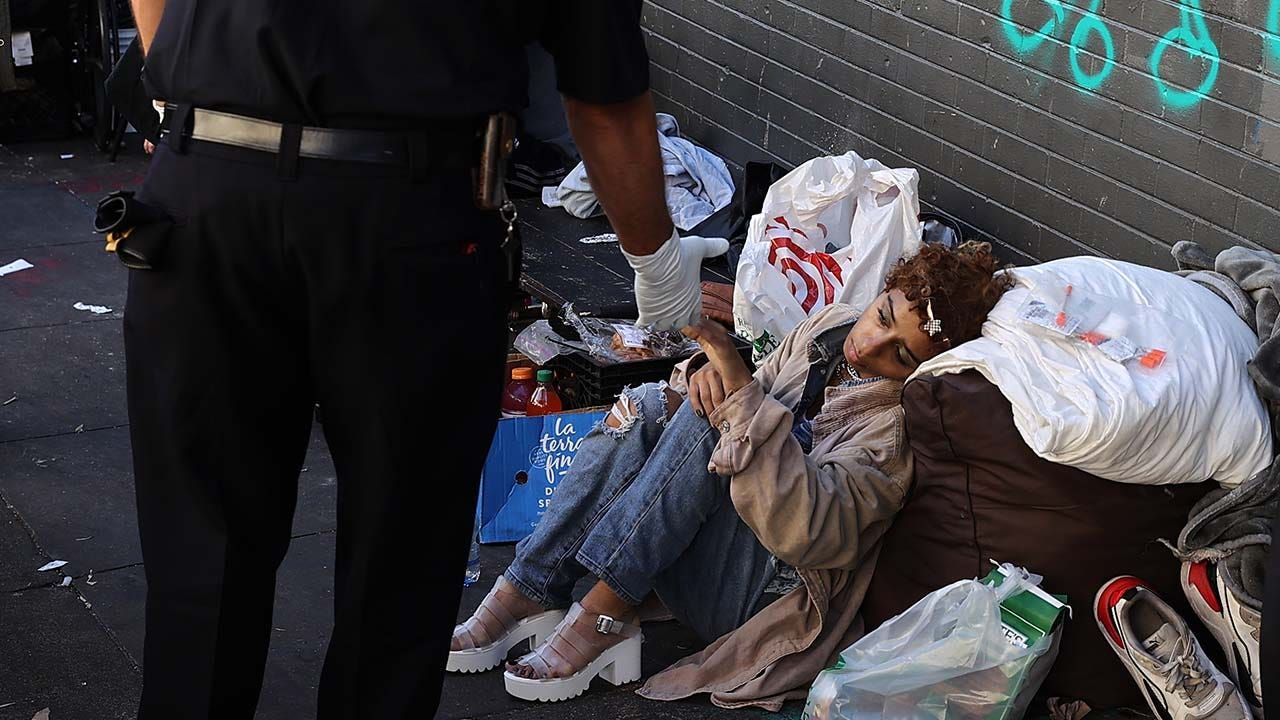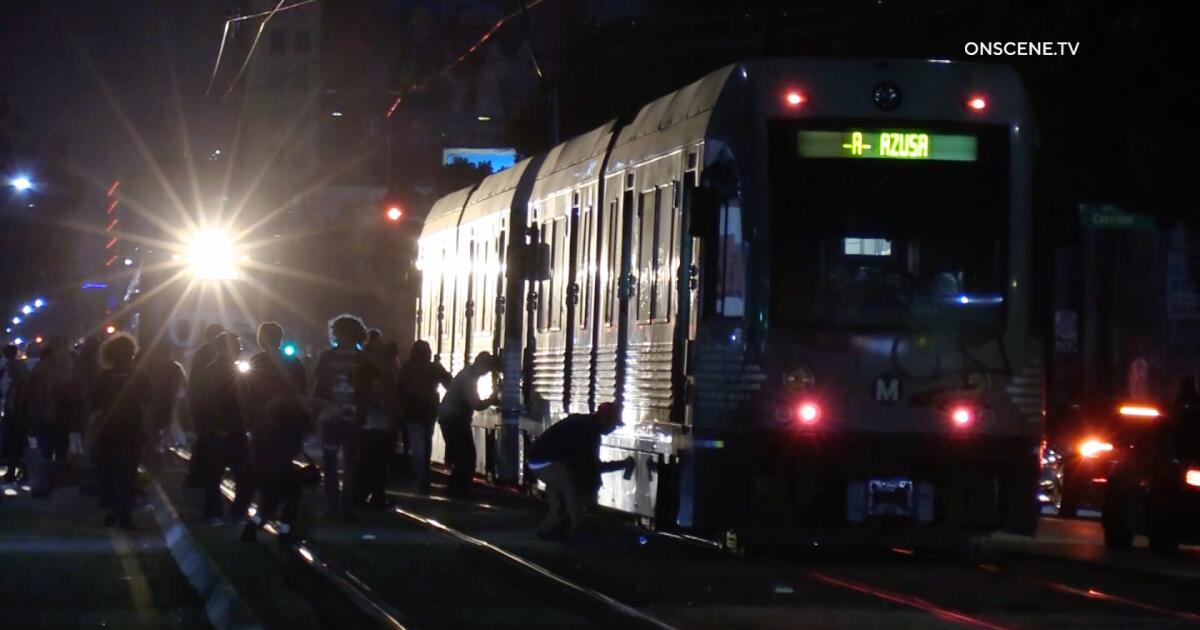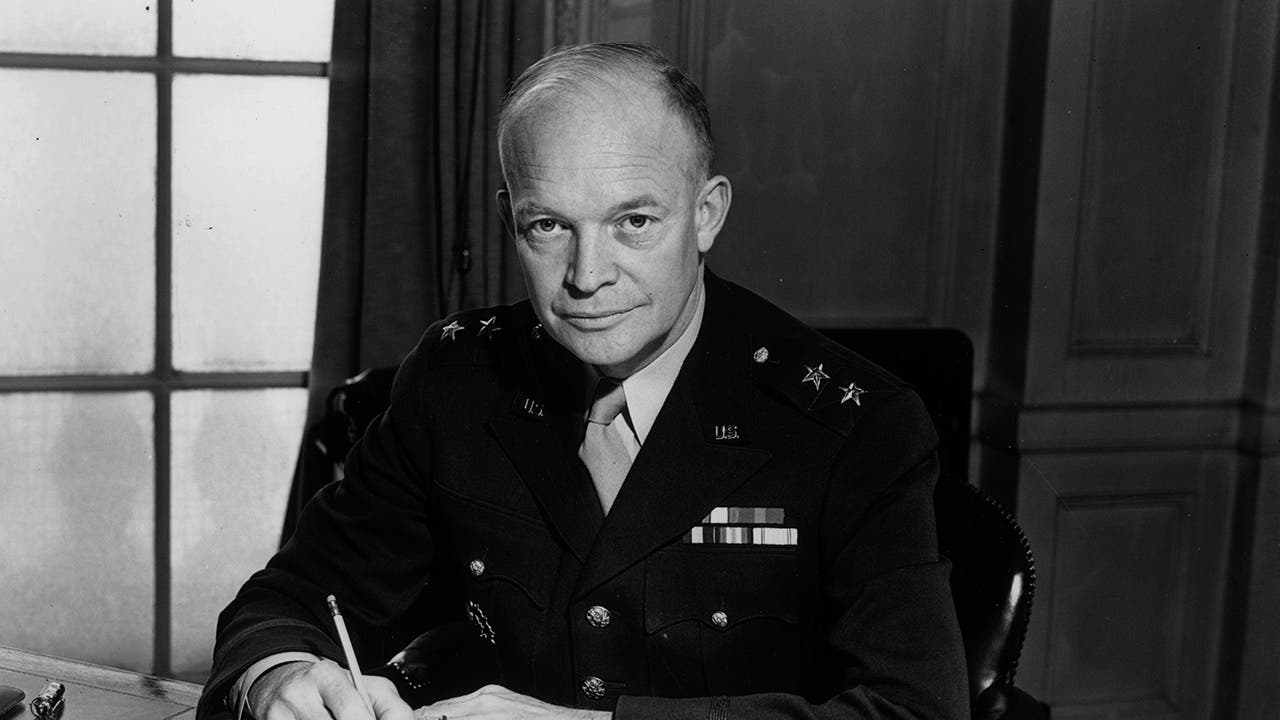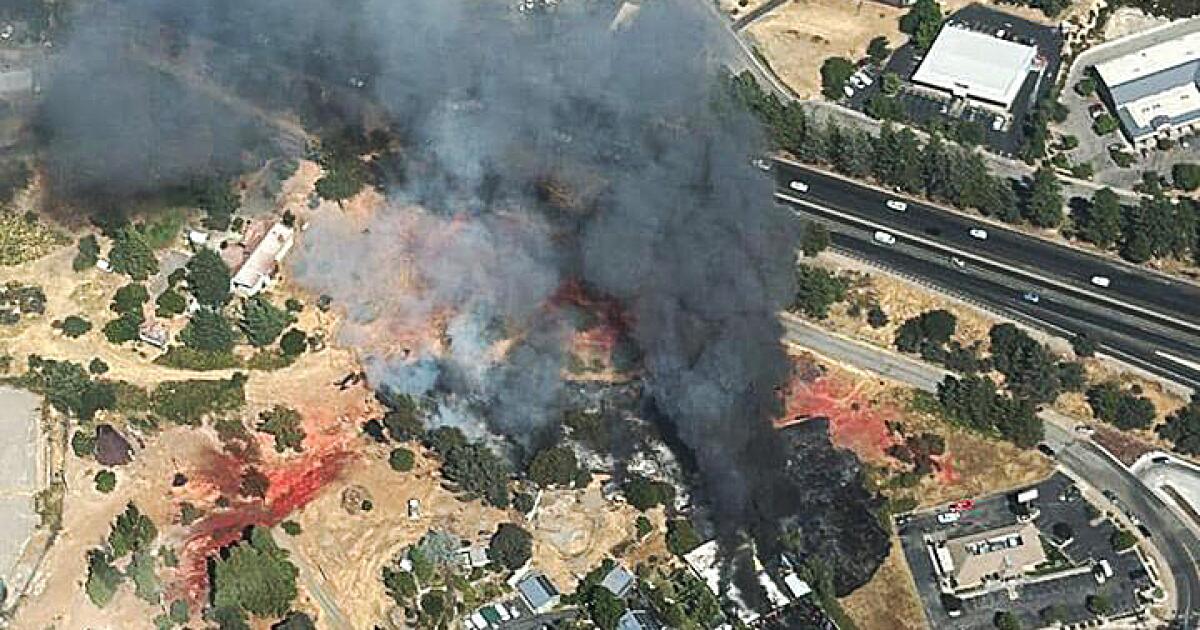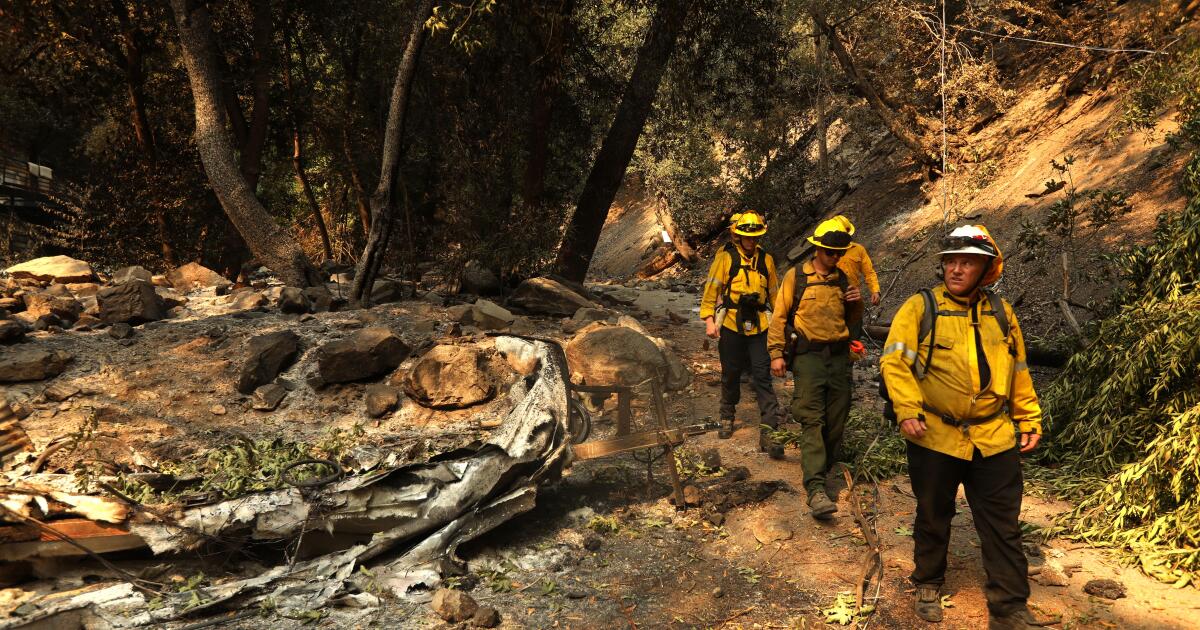NEWNow you can listen to Fox News articles!
Homelessness and drug addiction are often inextricably linked, presenting a critical challenge in many large cities, including my hometown of San Diego.
There, I hit the streets to begin my year-long journey to understand why so many veterans are homeless and how we can truly help them. The reality is that we have 1.3 million veterans who are homeless or on the brink, and we lose more than 109,000 Americans each year to drug overdoses, many of whom are homeless.
Cities like San Diego, San Francisco, and Portland exemplify the relationship between drugs and homelessness and highlight the urgent need for comprehensive policy changes to achieve long-term success.
A paramedic helps a homeless woman in the Tenderloin district of San Francisco on October 9, 2022. (Tayfun Coskun/Anadolu Agency via Getty Images)
Instead of pumping resources into unsuccessful transitional housing, we need to establish what I call “base camp”: infrastructure that provides accommodation/camping but also essential services such as hygiene facilities, a cafe, therapy, purposeful work opportunities and long term support. This would provide a longer runway for takeoff toward successful sobriety and reintegration.
CALIFORNIA STRUGGLES TO MEASURE THE EFFECTIVENESS OF SPENDING IN THE HOMELESS CRISIS
It would also foster a sense of personal and group responsibility within the recovery community rather than leaving people to fend for themselves. It would reduce waste by using resources allocated to programs that are more likely to lead to long-term success, rather than the current “pay and pray” system.
Our homeless neighbors, especially our nation's veterans, don't just need a home. They need help.
In San Diego, I was shocked to see drug dealers operating openly and working seemingly regular 9-to-5 shifts. Locals reported at least 45 overdose deaths a month, and bodies were unceremoniously removed from the streets where they lived. and they died.
According to them, “no one cares more than giving up Narcan so we can save each other's lives.” A meaningless gift from a society that doesn't care to address the underlying and related issues that brought them to those streets in the first place.
HOMELESS PEOPLE NEED MORE THAN A HOUSE. THEY NEED SOMETHING THAT MONEY CAN'T BUY
Next, I visited San Francisco's Tenderloin district with local activist Tom Wolf and was again surprised. We walked many blocks, stepping in feces and dodging syringes as we made our way through hundreds of people in a zombie-like state.
Wolf explained that more deaths occur here within transitional housing than on the streets due to a lack of oversight, accountability and support, thus perpetuating a cycle of death and housing reassignment. This speaks to the failures of basic transitional housing programs, which seem to be the standard “solution” to the homelessness crisis.
I traveled to Portland, where Measure 110 was recently passed, reducing the penalties for drug possession to a fine of just $100 and largely legalizing drug use.
A well-known local homeless activist greeted me and my son as we parked awkwardly in a deserted area of downtown. We were instructed to be very aware of our surroundings, watching the ground as we walked and not touching anything.
GAVIN NEWSOM CALLED 'DELICIOUS' AFTER PROMOTING CALIFORNIA AS A NATIONAL MODEL IN THE FIGHT AGAINST HOMELESS
Here we witnessed the consequences of the falsely compassionate policies currently promoted as supposed “solutions” to drugs and homelessness: parts of the city looked like scenes straight out of apocalyptic movies.
The lack of enforcement and accountability of these policies and programs has resulted in public spaces littered with trash, human waste, and drug paraphernalia. Addicts and homeless people sleep in garbage, masturbate and defecate in public, verbally and physically attack each other, and openly use drugs.
One woman told us that she has an apartment but prefers to sleep on the street with her friends. She explained: “I've been on the streets for so long, being inside is a big responsibility. I know how to stay clean out here, how to brush my teeth, how to prepare food. I don't trust myself inside.”
Another explained: “We've tried these 28-day programs [housing] programs, they don't work, why bother. “If I go in, they'll throw my things away and I'll have to start over.”
CLICK HERE TO REVIEW MORE FROM FOX NEWS
As I leaned over to talk to her, another woman started smoking fentanyl right above my head. Sensing the smell, Kevin told me to get up and walk away, insisting, “You're going to get too high to walk.”
Almost instantly, my son and I became dizzy and my heart raced. After calming down, I was furious! As a mother, a citizen, and a woman trying to do some good in the world, I couldn't believe that this is the America we live in now and to which we have relegated our homeless veterans.
My experiences and conversations on the streets of these big cities highlight the failures of programs that are hyper-focused on transitional housing. Transition without transformation is useless. A house is not all that is needed, so transitional housing alone is not the solution.
CLICK HERE TO GET THE FOX NEWS APP
If you value our society, our veterans, and our fellow human beings, I challenge you to vote with your senses, not your emotions.
Instead of waking up, we should be awake to the reality of what these supposedly compassionate programs are doing (or not doing) to solve the unprecedented drug and homelessness crises facing our nation. We all deserve better.
CLICK HERE FOR MORE FROM KATE MONROE

